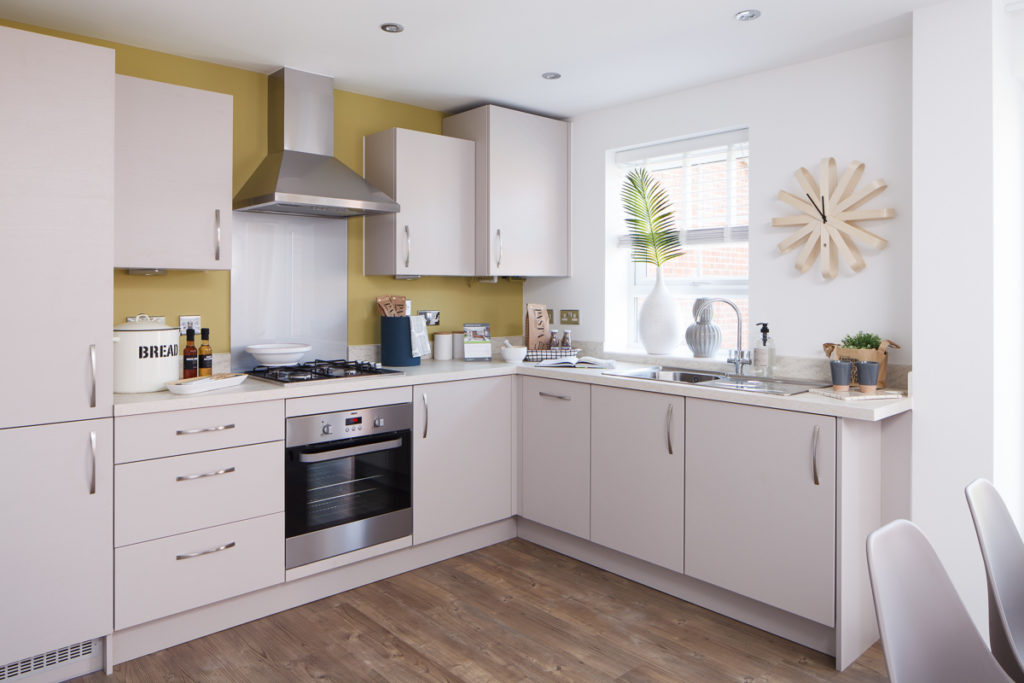
Knowing what to ask when viewing a house can save you from expensive surprises and help you find your ideal home. Our guide covers the 13 most important questions to help you make an informed decision.
Key Takeaways
- Interest and Demand: Inquire about the level of interest in the property. High demand may require swift action.
- Chain Situation: Determine if there’s an onward chain. No chain can expedite the process.
- Inclusions: Clarify what’s included in the sale—white goods, garden shed, etc.
- Neighbours: Ask about the neighbourhood and potential community.
- Running Costs: Understand utility costs, Council Tax, and energy efficiency.
- Customer Care Process: Learn how minor issues are addressed after purchase.
- Orientation: Consider the direction the house and garden face.
1. How long has the property been on the market?

If a house has been on the market for a while, it might suggest that it’s overpriced or has hidden issues. However, it could also mean that the seller is more willing to negotiate. Equally, if it’s new to the market, you’ll know how quickly to make an offer.
2. Have you had any offers?
Multiple offers indicate strong interest, meaning you’ll need to act fast with a competitive bid. No offers may suggest potential concerns about the home, giving you an opportunity to negotiate. Ask if any offers have fallen through and why, as this might reveal inspection issues or financing problems.
3. How long have you lived here?
If the owners haven’t lived there for long, or if the house has changed hands frequently, this could signal problems with the property or area.

4. What’s the chain situation?
Understanding if the seller is part of a property chain helps assess potential timelines. No chain usually results in a faster process, while a complicated chain might cause delays. This is especially important if you have timing constraints.
5. What comes with the property?
It’s important to clarify what’s included in the sale to avoid later disputes. Knowing what’s included, from garden furniture to cooking appliances, will allow you to budget for things you’ll need to purchase after moving in.

6. Have you done any major renovations or building work on the property?
Ask about any major work completed and request to see planning documents, building regulations approval and warranties. This provides insight into the property’s condition and any potential issues that might appear in a survey.
7. What are the neighbours like?
Friendly neighbours can enhance your living experience, while difficult ones might cause ongoing stress. Getting the current owner’s honest perspective helps you determine if the community matches your lifestyle.
8. How energy efficient is the home?
An energy-efficient home typically means lower utility bills, better insulation and a reduced carbon footprint. Check the Energy Performance Certificate (EPC) to understand the property’s efficiency rating.
9. Which way does the house and garden face?
The orientation of the house can affect how warm or bright certain rooms are. South-facing gardens get the most sun, while north-facing rooms might feel darker or cooler.

10. Why are you selling the house?
The existing homeowners could be relocating or upsizing, but if they’re moving because of issues like noisy neighbours or structural problems, you have a chance to investigate this further before proceeding.
11. How much work will be required after moving in?
Older homes may require more work than new ones. From improving the home’s energy efficiency to fixing damp problems, it’s important to be aware of future work.
12. Are there any issues with the boiler?
A faulty or ageing boiler could mean costly repairs or replacement down the line. Ask when it was installed, what the last service date was and if it’s under warranty.
13. Is the property listed in a conservation area?
Conservation areas have strict rules on alterations and extensions to preserve architectural or historic character. While this maintains neighbourhood charm, it may limit your renovation plans. Knowing this upfront helps you understand potential restrictions before committing.
Ready to become a homeowner? Explore our fantastic range of new homes across the UK, with unique offers to help you move.
Call or visit our Sales Advisers at your nearest development to find out more.


